How Not To Die During the Next Hurricane

In the Western Hemisphere, we are in hurricane season. I recall experiencing the ferocity of a few hurricanes that struck our small island while I lived in Antigua. I experienced Hurricanes Hugo in 1989, Luis in 1995, and Georges in 1998 (when my first child was just 8 weeks old). Although the first two were large and powerful, Georges was the most dramatic. I spent time with friends. Their entire roof lifted off and left us in the 100-plus miles an-hour wind, wet, scared, and with a baby in their arms. We survived because, despite all the danger, we were prepared not to die. So, I thought I would share how not to die during the next hurricane.
For readers in the USA, you can find answers on how to prepare for hurricanes on the Department of Homeland Security website here. Caribbean readers can get more information from here. The viewpoints are based on my experience. Whatever I omitted, you can find it on those two websites.
Disaster Preparedness
How not to die during the next hurricane involves disaster preparedness. Preparation includes actions at the national, local, and even household levels. At the national level, governments must have adequate medical facilities and supplies before the hurricane season begins. Hurricanes are dangerous and predictable and have a “season,” so planning can reduce injury and property damage and save lives.
Before hurricane season, June to November in the Atlantic, you should know where your closest hurricane shelter is. Drive by and visit the shelter or walk to it to determine how long it takes you to get there. Typically, a shelter could be a church, building, warehouse, or large structure with facilities like toilets and running water. More importantly, sturdy enough to stay structurally sound despite hurricane-force winds and rain. It will also be a place not prone to flooding or leakage. It’s also good to check out the shelter to see what they don’t have so you can be prepared.
Check on your supplies.
You should have disaster supplies ready in one place. Everyone in your home should be aware of where these are stored. Supplies should include:
- Waterproof flashlight and extra batteries (head/miners lamps are probably the best to keep your hands free)
- Some people have a unique hurricane lamp that uses kerosene
- Portable, battery-operated radio and extra batteries (I just bought one of these, in case we have no electricity for a while)
- First aid kit
- Non-perishable canned food (that may not need cooking, like corn beef, sardines, Vienna sausages, etc.) and bottled water, extra for both cooking and drinking (usually six gallons per person in the household)
- A versatile Swiss Army knife or a non-electric can opener
- An additional supply of all your prescription medicines (about a month extra is useful)
- Cash and credit cards
- Have sturdy shoes ready, including water boots and a raincoat.
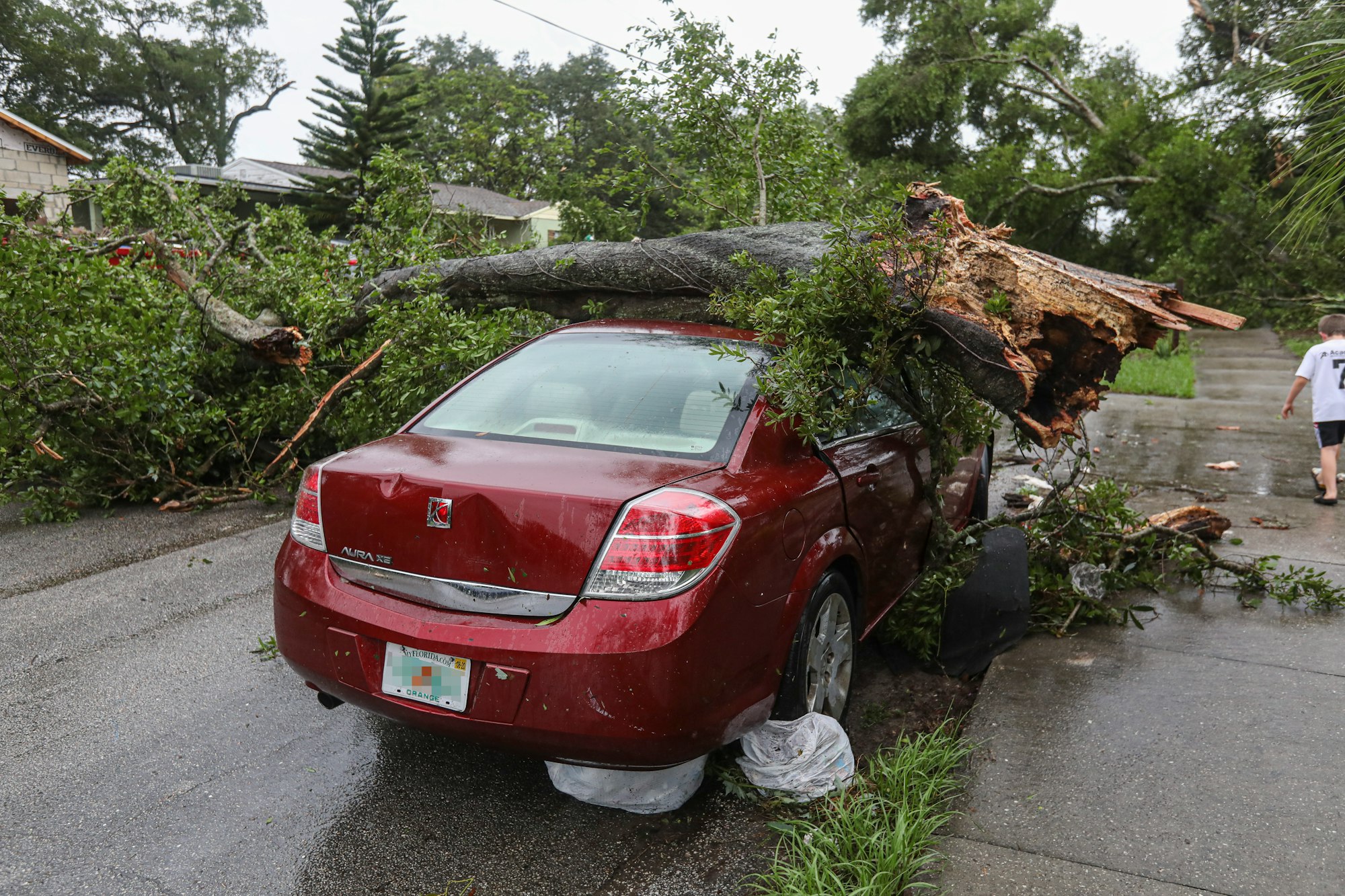
How to prepare your home so you don’t die in the next hurricane.
I always watched or listened to the weather reports when I lived on the islands during hurricane season. You want to hear about the potential arrival of a hurricane with sufficient time to prepare. This time is valuable as you have to protect your windows from shattering by closing and securing the permanent shutters (best option). If your house doesn’t have shutters, secure 1/2 inch plywood–marine plywood over windows. Use screws, as these cause minor damage to the house. Also, if you cut the plywood to suit the size of each window, you can reuse them in future hurricanes. Remember to note which belongs to which window. This has to be done before the storm hits.
Around your home, you should cut any dead trees and dead branches, especially if they are close to your house. I once escaped a tree falling into a house I lived in Pennsylvania. To this day, I’m not too fond of large trees too close to my home.
Secure loose items like your garbage drum, chairs, and basically anything that could become a missile at 100mph wind speed.

Other considerations
Check all of your insurance policies and ensure they cover floods and all the types of disasters from a hurricane. This includes auto, boat, home, and medical. Please make sure they are valid, paid up, and coverage is what you need.
Decide what you will do with your pets and other livestock. Some shelters may allow pets, but you must first check their rules. You can also contact your local humane society for further information on animal shelters.
Develop an emergency communication plan.
It would help if you taught your children how to prepare for hurricanes. All family members and visitors should know your emergency plans before and during a hurricane. Everyone should chip in to prepare with things like turning off the gas main to the house and plan when to turn off your electrical and water main to prevent shorting out your appliances and water contamination, respectively—tune in to the radio station providing emergency information. Keep cell phones fully charged and teach your children how and when to call for medical help, fire, or the police department. Plan a rendezvous point in case family members are separated from one another during a disaster.
Hurricane Watch
Everyone was on full alert when we heard these phrases: a hurricane watch or a hurricane warning. By now, all the “before-the-hurricane” plans are in place. With a hurricane watch, you know that a threat of hurricane conditions is expected within 24-36 hours. If you have everything prepared, this is the point at which we check on our neighbors or nearby family to determine who needs help preparing for the hurricane. Make sure your car(s) fuel tanks are full, listen to the radio and television for updates, check all your supplies, and bring inside all chairs, patio plants, garden tools, toys, barbeque grills, bikes, wind chimes, etc. Remove and store satellite dishes and antennas, and turn refrigerator and freezer temperatures to the maximum. Double-check all supplies.
Hurricane Warning
The weather service issues a hurricane warning when hurricane conditions become dangerous to human life. The danger threshold occurs when winds reach 74 miles per hour or greater. The consequences of the wind speed are high water flooding and rough seas, usually imminent within 24 hours or less. During this time, you still have to be proactive. Put critical documents, passports, birth certificates, deeds, sentimental photos, laptops, tablets, and the like in plastic (like ziplock), and have them ready to take with you in a quick evacuation bag. Use large garbage bags to secure items like electronics and any other item you consider valuable but vulnerable if wet in your house. This helps keep them dry if you lose a window or part of your roof. Have a ziplock for your cell phone.
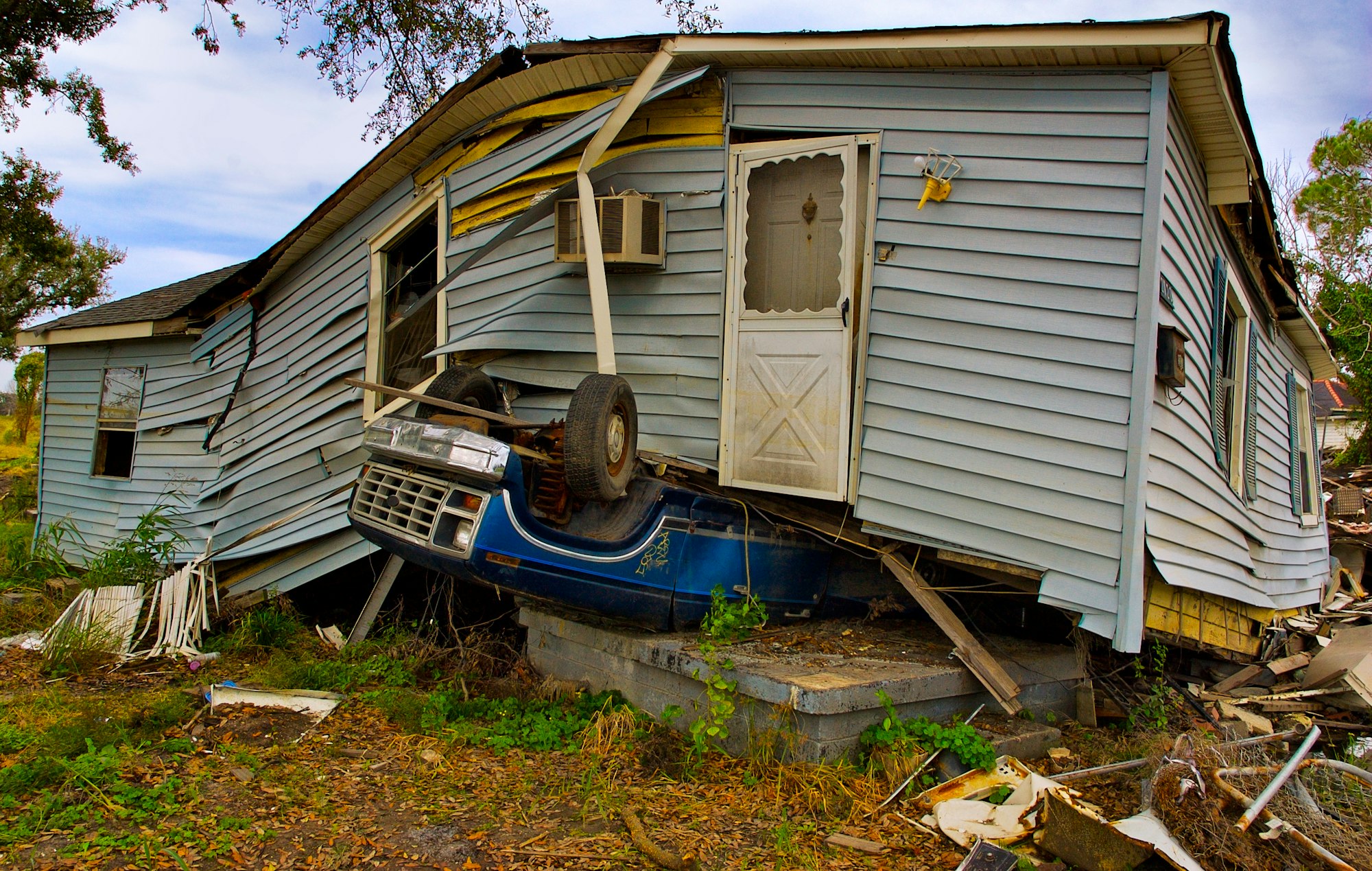
Continue to listen to the radio’s emergency station for updates. If you have to evacuate your home, take sleeping bags, blankets, food, and water for you and your family for a day or two, and your documents, and lock your home. If you plan to stay at home, have a backup plan in case your roof goes. In my case, our backup plan when our roof blew away was to shelter in a closet (the smallest room with solid walls that prevent you from getting hit by flying debris). During the passage of the eye of the hurricane (because we were glued to our radios for updates), we literally crawled to a nearby concrete building just 15 feet away. There we waited out the rest of the hurricane.
After the hurricane
After the storm, prepare yourself for the changing landscape. The before and after effects of hurricanes on the scene often shock people. Trees will look almost burnt, and all their leaves shredded and brown due to the strong wind. You may be in a flooded area. Avoid walking or driving in floodwaters. Don’t cross flooded waterways to rescue someone you think is in danger unless trained and have the right equipment. Else call the fire department, power company, or law enforcement. Remember that there could be downed electrical poles with live high-voltage wires in the floodwater. Assess your home and other property damages, including roof, water damage, fallen trees, and broken windows.
Do not immediately turn on equipment like television, fridges, air conditioning, or computer until you get the correct voltage from the main power supply.
Show your humanity after hurricanes.
Comfort and help those who need it. Many people you know may lose their property and even loved ones. If you escaped without loss, help others with food, water, clothes, and shelter.
Report damage to your insurance companies. Take pictures for your records. Be calm. You may have lost, but rest assured, others have lost more. At least you are alive. Remember to listen to the radio for updates on relief and recovery. Unfortunately, another hurricane may be on the way in a few days. In that case, go back to the beginning of this article on preparing for hurricanes and repeating everything.
Share your hurricane experiences with me in the comment section below.
Sign up for less than the price of a good meal for 12 months of access to all my articles. Become a member so you can make and read comments by others. To learn more about the author, visit the About page, or connect on Linked-in.
Read Articles You Missed
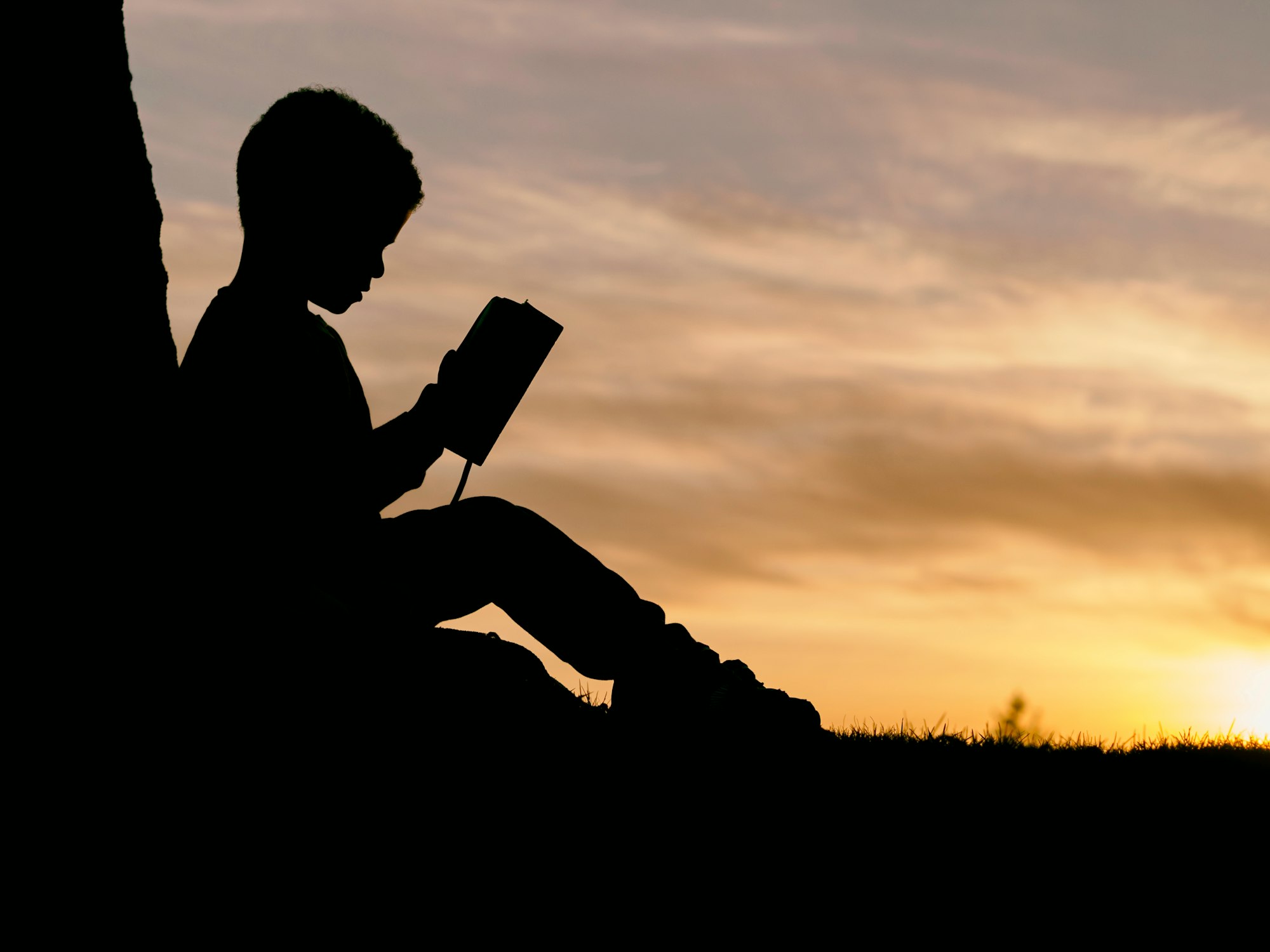






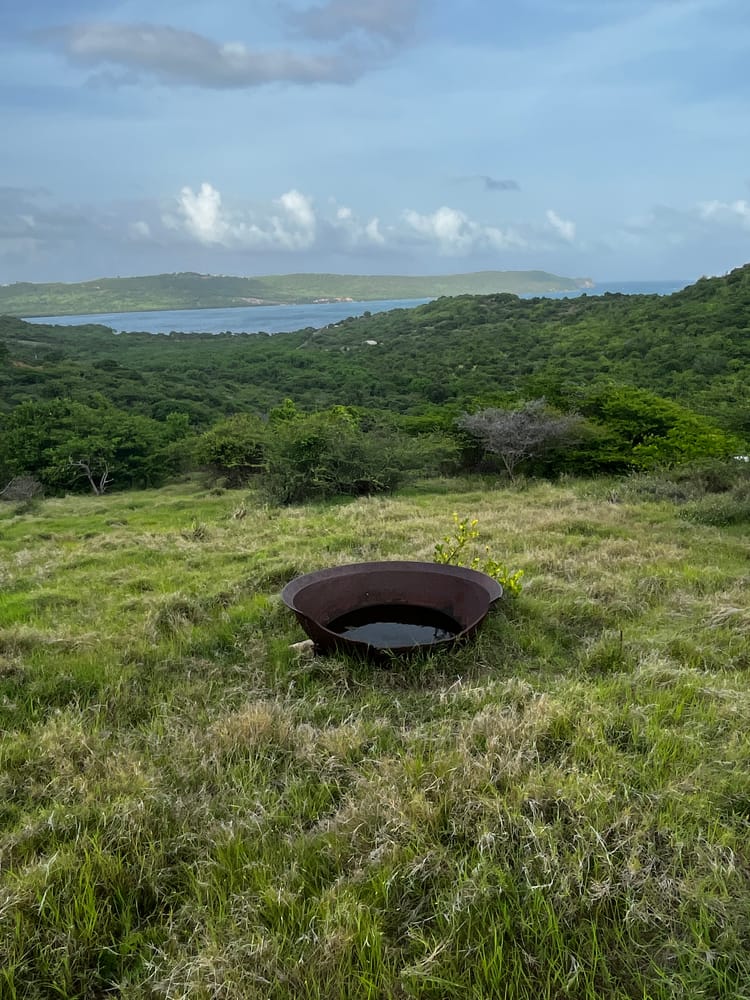


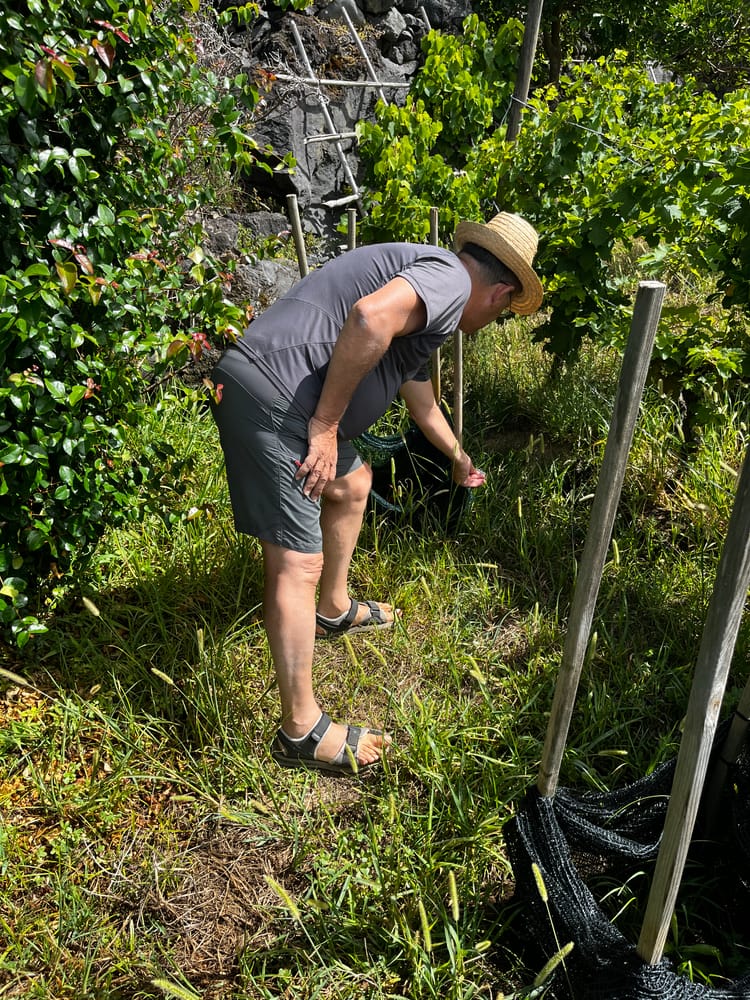
Member discussion